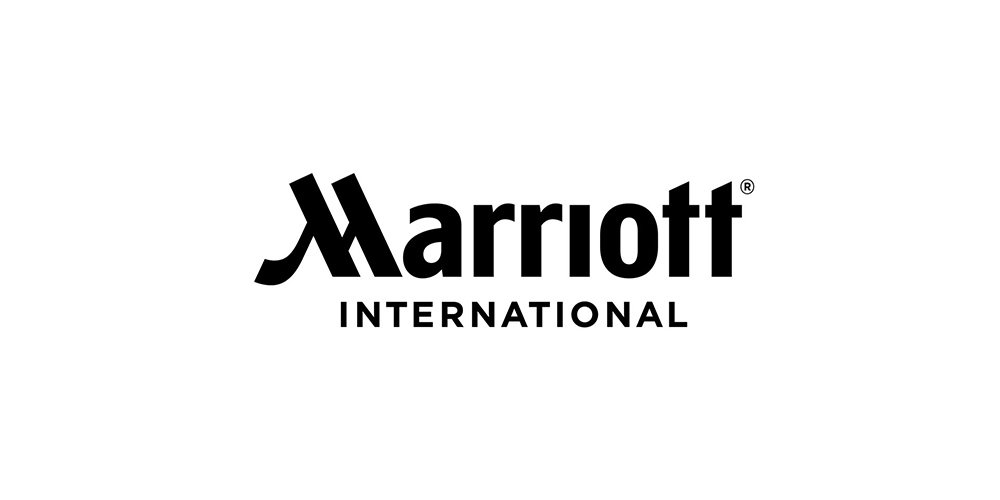Exploring the Power of EdTech: Must-Dos for Hospitality Leaders
/ hospemag.meEnhancing Guest Experience and Empowering Workforce through Innovative Educational Technology
Introduction:
In today's technology-driven era, the hospitality industry is undergoing a digital transformation to meet the ever-evolving demands of guests and employees. Education Technology, commonly known as EdTech, has emerged as a powerful tool to enhance guest experiences, improve staff training, and streamline operations. This deep dive article will explore the various facets of leveraging EdTech within the hospitality industry and provide must-dos for hospitality leaders to maximize its potential.
1. Adopting a Guest-Centric Learning Approach:
By incorporating EdTech solutions, hospitality leaders can empower guests to have personalized and immersive experiences. Virtual Reality (VR) and Augmented Reality (AR) technologies can be used to create virtual tours and interactive guides, allowing guests to explore a property or destination before their arrival. Implementing mobile apps and touch-screen kiosks can also provide guests with comprehensive information on amenities, services, and local attractions, improving their overall satisfaction.
2. Upskilling and Continuous Learning:
Hospitality leaders should prioritize investing in EdTech tools that offer continuous learning opportunities for their employees. Platforms like Learning Management Systems (LMS) enable staff members to access training modules, industry certifications, and on-demand courses remotely. These tools facilitate upskilling and cross-training, resulting in a more knowledgeable and versatile workforce.
3. Enhanced Onboarding and Orientation:
Utilizing EdTech during the onboarding process can significantly improve the efficiency and effectiveness of training new employees. Interactive modules, e-learning platforms, and virtual simulations can ensure consistent and standardized training across various departments. This approach reduces costs, minimizes errors, and accelerates the integration of new team members.
4. Real-time Communication and Collaboration:
Deploying EdTech tools that enable real-time communication and collaboration is paramount in today's fast-paced hospitality environment. Instant messaging applications, video conferencing platforms, and internal social networks can streamline interdepartmental communication, facilitate knowledge sharing, and enhance teamwork. This technology bridges the gap between geographically dispersed teams and creates a cohesive work environment.
5. Data-driven Decision Making:
Hospitality leaders should leverage EdTech to gather and analyze data, enabling data-driven decision-making for improved operational efficiency. Implementing property management systems, guest feedback platforms, and analytics tools helps to monitor performance indicators, identify areas of improvement, and respond promptly to guest preferences, ultimately enhancing the overall guest experience.
6. Sustainable Practices and Environmental Awareness:
EdTech can also support hospitality leaders in creating environmentally conscious operations. By integrating IoT devices, energy monitoring systems, and interactive educational platforms, hotels can educate guests and employees about sustainable practices. This promotes responsible travel, conservation awareness, and creates a positive brand image.
7. Cybersecurity and Data Privacy Considerations:
Adopting EdTech in the hospitality industry necessitates a strong focus on cybersecurity and data privacy. Hospitality leaders must ensure compliance with relevant regulations, implement robust security measures, and educate their employees about potential cyber threats. Partnering with trusted EdTech service providers and periodically conducting security audits are critical in protecting sensitive guest and employee data.
Conclusion:
Incorporating EdTech within the hospitality industry can revolutionize guest experiences, elevate employee training, and maximize operational efficiency. Hospitality leaders must embrace the potential of EdTech and proactively implement the aforementioned must-dos. By doing so, they can create a competitive edge, meet the increasing demand for technology-driven services, and redefine the future of the industry.
Wedding trends are evolving, and the growing popularity of micro-weddings is transforming the industry. Micro-weddings, characterized by their intimate guest lists and personalized experiences, offer couples a chance to celebrate their love in a more meaningful and cost-effective way. As this trend gains momentum, hotels and resorts must adapt to cater to this new segment of couples. By creating tailored services and offerings, hotels can capitalize on the micro-wedding trend and provide unforgettable experiences, making their properties the go-to destinations for intimate celebrations of love.
Discover the untapped potential of dealcoholized wine for your hospitality establishment. This article explores the numerous business advantages of incorporating non-alcoholic wine in hotels, resorts, and restaurants, from catering to a wider customer base to boosting revenue and delighting health-conscious guests.
Statement Candle (Keyword) Bold, often scented candles for the home.Wendy's is piloting Google Cloud's generative artificial intelligence technology with the goal of creating a quicker and more consistent drive-thru ordering experience.


































